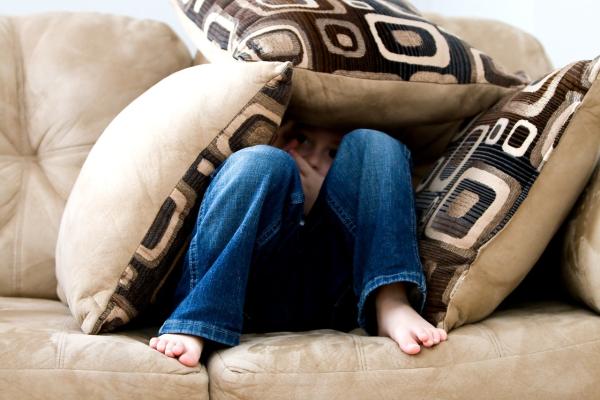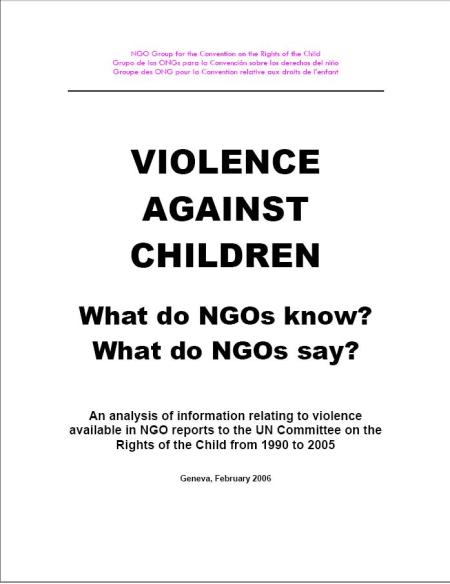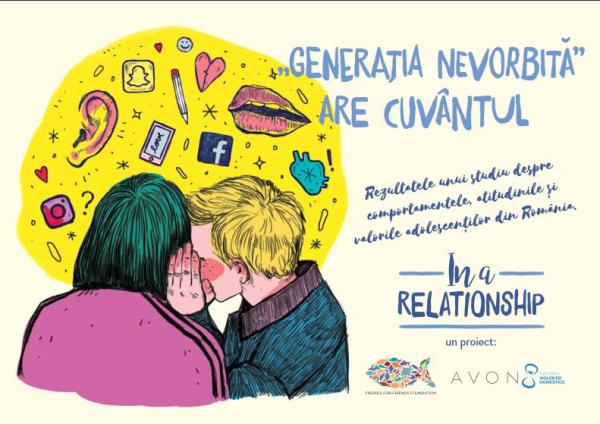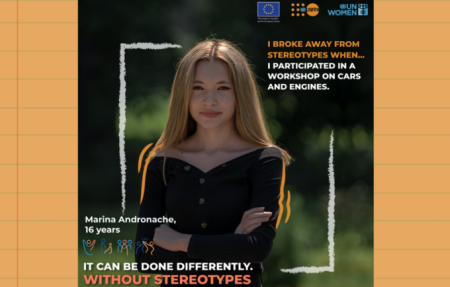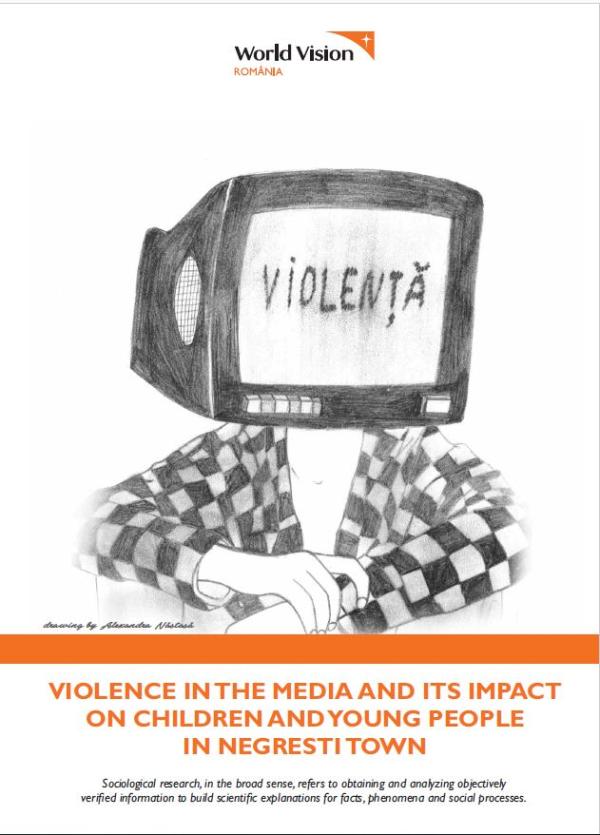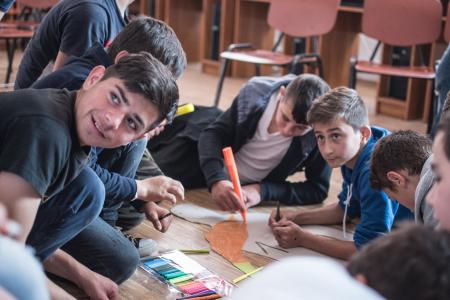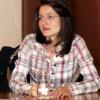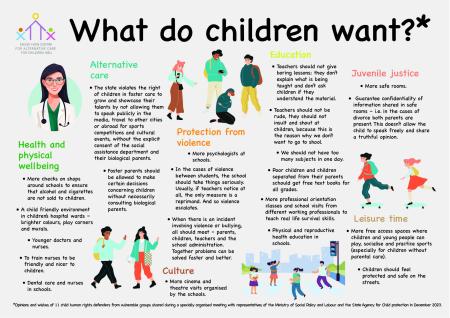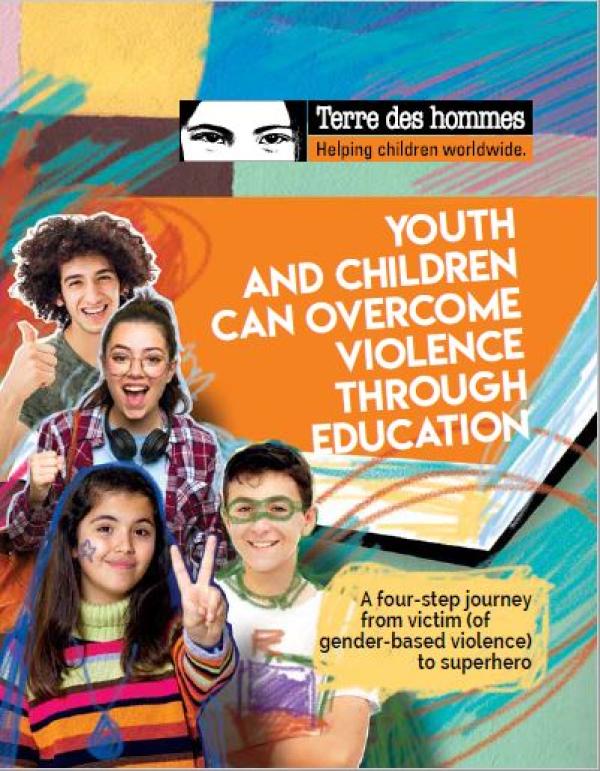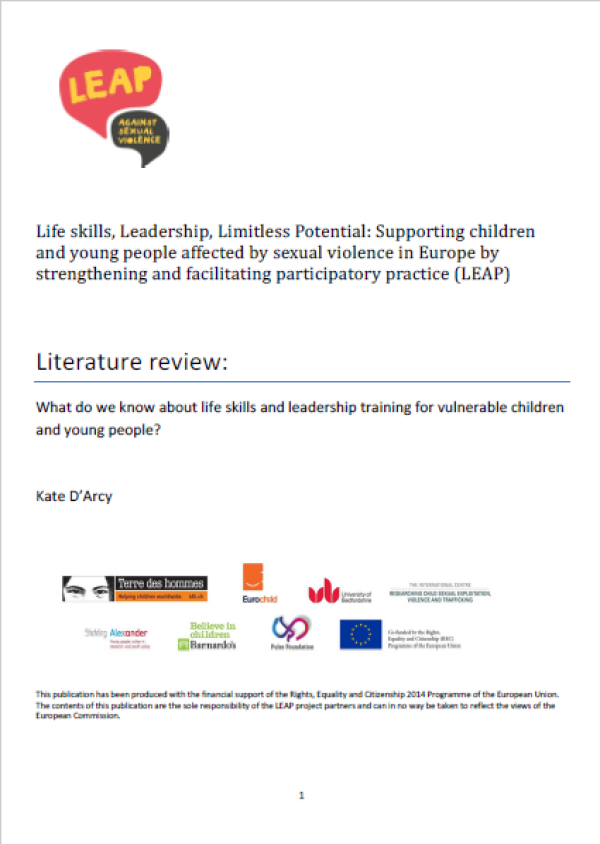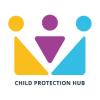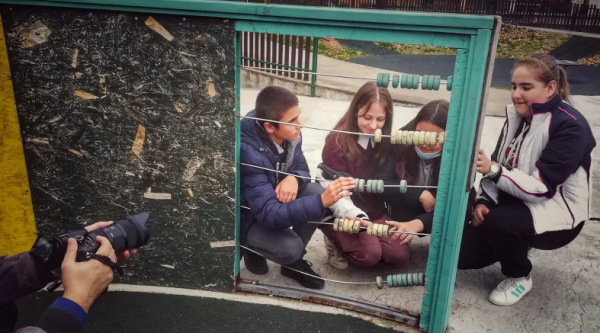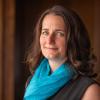
The Child Protection Hub for Southeast Europe and the Know-How Center for Alternative Care for Children at New Bulgarian University invite you to an online seminar on 8th July 2021 on the topic of "Violence at School - What Children and Young People in Bulgaria Say and Do to Overcome It?
The aim of the webinar is to acquaint young people, professionals, and the general public in the country with the way young people talk about violence at school and the ways in which it can be overcome.
In the first part of the event, Dr. Antoaneta Mateeva from the Know-How Center for Alternative Care for Children at New Bulgarian University will present the data for Bulgaria from the International Survey on Violence against Children at School in Southeast Europe. The study was conducted at the regional level in Albania, Bosnia and Herzegovina, Bulgaria, Croatia, Kosovo, Moldova, Romania, and Serbia in 2020 under a project of the Child Protection Hub.
The following will be outlined during the event:
- The territories, types, and typical situations of violence in the way that young people see and experience them in their daily lives;
- Basic norms and beliefs in local communities that encourage violence or block opportunities for overcoming it;
- The key sources of security and protection that children see in their surrounding environment and which they are ready to mobilize in case of danger.
- The usual strategies that children turn to in case of a certain type of violence;
- The ideas that children and young people have for overcoming school violence.
During the second part of the event, Petya Stefanova (Coordinator of the Program for Prevention of Violence against Children of the Naya Association from Targovishte, Bulgaria) will present a proven model for the prevention of violence against children through active involvement of young volunteers in initiating discussions among their classmates in order to overcome aggression in the relationship between them and the prejudices on which it is based. The program, entitled Change Starts First With Me, creates a space for talking about youth violence and allows participants to activate their own resources for the identification of cases of violence against children while directing them towards appropriate local organizations and professionals from the network for support and protection of survivors or those at risk of child abuse.
Registration deadline: July 7, 14:00. Please follow this registration link.
- 57 views


